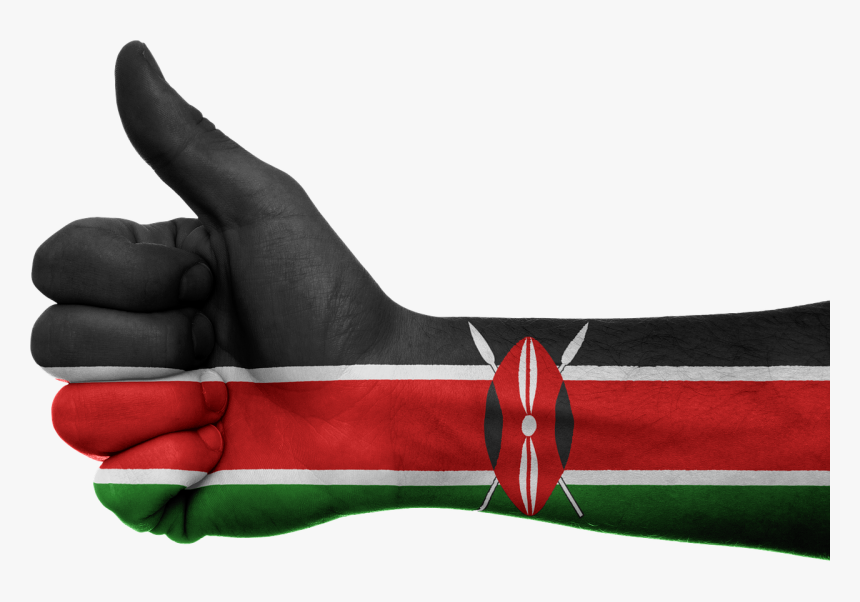A company is a legal entity that can transact business, own property own shares in another company and so on. In layman terms it is an association of two or more individuals/legal entities recognised as one under the law. The Companies Act clearly ensures that the formation, existence and operations of companies are very well regulated. Just like citizens, companies are social and economic players in this country, however, in the political scene they are totally left out bar sporadic and disguised funding for campaigns.
Having a company vote in a democratic elections might pose a statistical deadlock, on the other hand, having a company vie for an elective position seems like an exciting prospect for a vibrant evolving democracy. It might require a couple of constitution amendments but if you think about it critically it might actually be worth the shot.
For starters, a company has no gender; an issue we have been struggling with as a society and will most certainly struggle with for sometime in the foreseeable future. A company’s competence is also not judged on its years of existence as we do with individuals and their age. Not to mention the ethnic divide in Kenya that has beleaguered the country since independence. These are just a few of the glaring social advantages a company would have over an individual in a bid to represent the Kenyan electorate.
Evidently, the judiciary has also had trouble with prosecuting corrupt leaders over and over. This might not be such a ‘difficult’ task when it comes to companies with the regulations put in place as per the Companies Act. Integrity, efficiency and accountability might be easier to come by with companies as some of our MCAs, MPs, Senators and Governors. I personally think the Presidency might be too individualistic in terms of vision and direction to be in the same bracket.
It is actually worth to note that with a an ‘elected company’ the exorbitant salaries would actually make sense in terms of the job creation potential (they would basically need a whole political/public affairs department). Parliamentary sessions would no longer be ‘optional’ and the participants in the house would be recruited by the elected companies based on their suitability and qualifications to contribute in the law making process. Any misbehaviour, absence or insubordination doesn't have to wait 5 years for possible corrections, the company may as well do annual appraisals.
This idea is by no means a masterpiece, it is a viable thin structure that needs fleshing and strengthening. Further conversations coupled with objective research will most certainly make an exciting concept and hopefully present the country with one more progressive component to help trudge in the right direction as a democratic nation.

